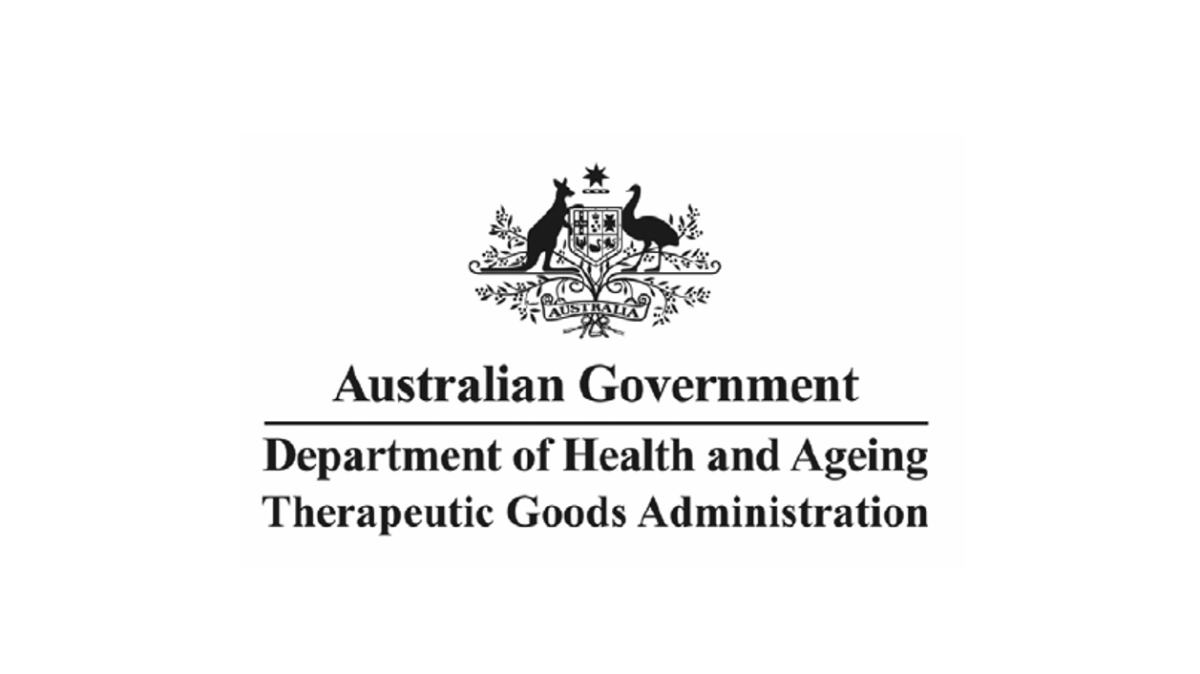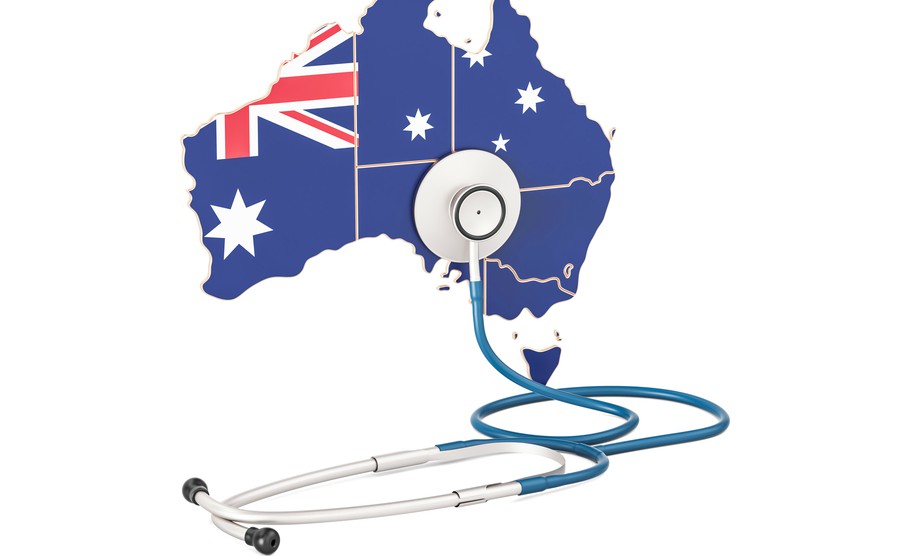The Therapeutic Goods Administration (TGA), the Australian authority responsible for medical device regulation, has published detailed guidance describing the documentation to be submitted by the applicant in the context of inclusion of a medical device to the Australian Register of Therapeutic Goods (ARTG), the country’s register of medical devices allowed to be marketed and used.

Regulatory Background

Information Accompanying the Initial Application
First, the TGA outlines the scope of information to be provided when applying for the inclusion of a new medical device. As mentioned, the scope of such information depends on the class of a medical device subject to review under the risk-based classification used in Australia. In this regard, the TGA refers to the guidance on the use of market authorization evidence from comparable overseas regulators.
The authority outlines the specific aspects to be covered and also indicates particular documents to be submitted. For example, in the case of Class I medical devices, a declaration of conformity issued by the medical device manufacturer would constitute sufficient evidence to be provided by the manufacturer. In the case of medical devices assigned to higher classes, additional documentation would be required (e.g., product quality assurance, QMS certificate). Should the manufacturer decide to use the evidence provided by overseas regulating authorities or conformity assessment bodies, the particular document to be provided would also depend on the country the manufacturer to which refers.
Information to be Provided Upon Request
- A Conformity Assessment Certificate issued by the TGA itself,
- An EC Certificate or other similar document issued by a comparable overseas authority,
- Declaration of Conformity for a system or procedure pack,
- A Certificate issued by a recognized Notified Body under the Mutual Recognition Agreement (MRA). However, the authority also mentions that documents of this type are unacceptable for Class III and active implantable medical devices.

Information Accompanying Medical Device
Apart from the information to be provided by the manufacturer or its authorized representative to the TGA on various stages of the product lifecycle, the present guidance also describes the information to be provided to end-users with the medical device itself. According to the guidance, such information shall contain details about:
- The kind of medical device,
- The intended purpose of the medical device, as indicated by the manufacturer,
- The mechanism of action,
- The unique product identifier (UPI),
- The variations to the device.
All information listed above should be provided in a clear and understandable way. For medical devices intended to be marketed and used in Australia, all information should be provided in English.
At the same time, the authority also mentions that there is no need to submit for review the samples of labeling and instructions for use for all variations of the same medical device, provided that changes in comparison to the original device already placed on the market are not significant.
The TGA emphasizes that the information included in advertising materials used by the interested party to promote a medical device should contain only the indication of the intended purpose for which the device is approved. This should correspond to the intended purpose of the device indicated in the appropriate entry in the national register. It is strictly prohibited to adverse the use of a medical device for a different purpose, other than specified as described above. In general, any and all advertising materials used to promote medical devices in Australia should meet the applicable regulatory requirement set forth by:
- The Therapeutic Goods Act 1989,
- The Therapeutic Goods Regulations 1990,
- The Therapeutic Goods Advertising Code 2018.
Clinical Evidence
The TGA pays special attention to clinical evidence to be provided in order to demonstrate compliance of a medical device subject to review with the Essential Principles. Under the general rule, any and all medical devices intended to be marketed and used in Australia shall comply with the relevant Essential Principles. The authority places emphasis on the following:
- Essential Principle 1 – Use of medical device not to compromise health and safety,
- Essential Principle 3 – Medical devices to be suitable for intended purpose,
- Essential Principle 6 – Benefits of the medical devices to outweigh undesirable effects,
- Essential Principle 14 – Clinical evidence.
In order to demonstrate that the medical device subject to inclusion in the ARTG meets the applicable regulatory requirements, the manufacturer shall collect the clinical data, obtain the clinical expert report, and complete the clinical evidence report checklist.
In summary, the present TGA guidance describes the scope of information to be provided by the medical device manufacturer and/or its authorized representative (in case of foreign manufacturers) for the purpose of inclusion of a medical device in the national register and also during the later stages of the product lifecycle. The guidance indicates the particular documents to be submitted in order to demonstrate compliance with the relevant regulatory requirements.
Sources:
https://www.tga.gov.au/supporting-documentation-inclusion-medical-device
How Can RegDesk Help?
RegDesk is a next-generation web-based software for medical device and IVD companies. Our cutting-edge platform uses machine learning to provide regulatory intelligence, application preparation, submission, and approvals management globally. Our clients also have access to our network of over 4000 compliance experts worldwide to obtain verification on critical questions. Applications that normally take 6 months to prepare can now be prepared within 6 days using RegDesk Dash(TM). Global expansion has never been this simple.

